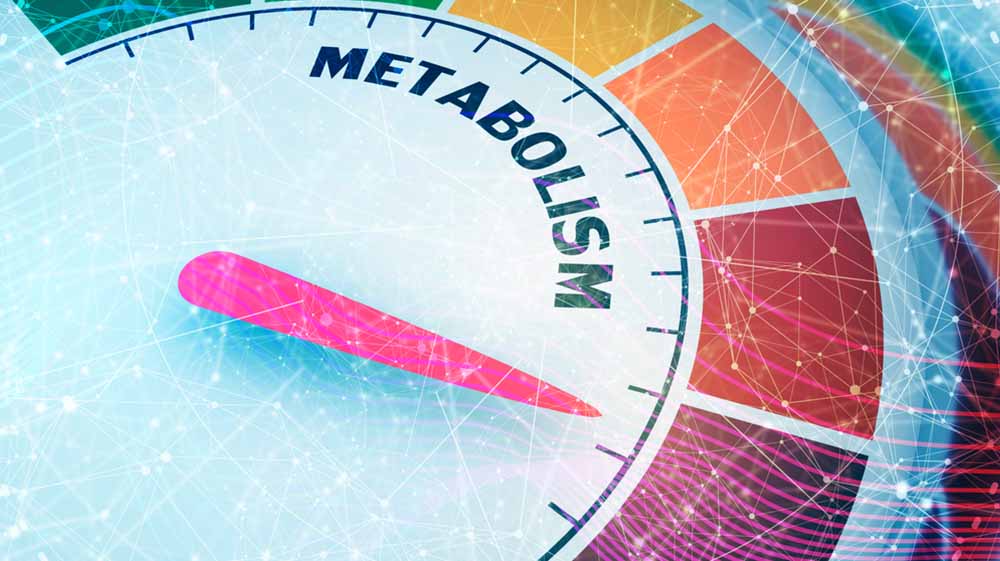Metabolism and Molecular Energy Systems

About Course
About Course
The Metabolism and Molecular Energy Systems course offers an in-depth exploration of the biochemical pathways involved in macronutrient breakdown, synthesis, and energy production. Students will examine carbohydrate, lipid, and amino acid metabolism, with a focus on processes such as glycolysis, the TCA cycle, oxidative phosphorylation, and lipid oxidation. Special attention is given to metabolic regulation, energy adaptations during exercise, and the impact of fasting and starvation on metabolism.
This course also explores the anabolic and catabolic pathways, offering an integrated understanding of energy metabolism. A key feature of this course is the focus on metabolic energy systems in athletes, with a detailed distinction between aerobic and anaerobic energy utilization. Designed for students in food and nutrition, dietetics, and health sciences, this course blends theoretical knowledge with practical applications, providing learners with a strong foundation in energy metabolism and its impact on human health and performance.
Course Modules
Module 1: Fundamentals of Metabolism
- Introduction to metabolism: Overview of anabolic and catabolic pathways.
- Metabolic regulation: Hormonal control and enzyme regulation in metabolic processes.
- The role of ATP as the primary energy currency.
- Key concepts in metabolic pathways and energy transfer.
Module 2: Carbohydrate Metabolism
- Glycolysis: Breakdown of glucose to pyruvate and ATP production.
- The TCA cycle (Krebs cycle): Role in energy production and electron transport.
- Glycogen metabolism: Glycogenesis and glycogenolysis.
- Gluconeogenesis: The process of glucose synthesis from non-carbohydrate sources.
- Metabolic regulation of carbohydrate metabolism during exercise and fasting.
Module 3: Lipid Metabolism
- Fatty acid oxidation: Beta-oxidation and the generation of ATP from fatty acids.
- Ketone body formation: How the liver produces ketones and their role in energy production.
- Lipid transport: Lipoproteins and their role in transporting fats through the bloodstream.
- Role of lipids in long-term energy storage and their use during prolonged exercise.
- Metabolic regulation of lipid metabolism during exercise, fasting, and starvation.
Module 4: Amino Acid Metabolism
- Transamination and deamination: Conversion of amino acids and their role in energy production.
- The urea cycle: Detoxification of ammonia and nitrogen balance.
- The role of amino acids in protein synthesis and energy production.
- Metabolism of branched-chain amino acids (BCAAs) and their use in exercise.
- Integration of amino acid metabolism with carbohydrate and lipid metabolism.
Module 5: Energy Metabolism and ATP Production
- Overview of ATP production: The role of glycolysis, the TCA cycle, and oxidative phosphorylation.
- Oxidative phosphorylation: The electron transport chain and ATP synthase.
- Role of mitochondria in energy production.
- Efficiency of energy production: ATP yield from carbohydrates, fats, and proteins.
- Regulation of energy production during different physiological conditions.
Module 6: Integration of Metabolic Pathways
- Metabolic adaptations during fasting and starvation: How the body shifts from carbohydrate to fat and protein metabolism.
- Exercise and metabolism: How energy systems adapt to aerobic and anaerobic conditions.
- Hormonal regulation of metabolism during exercise and recovery (e.g., insulin, glucagon, cortisol).
- The role of the liver in maintaining blood glucose levels during fasting and exercise.
Module 7: Metabolism in Athletes
- Aerobic vs. anaerobic energy systems: Differences in energy production during endurance vs. high-intensity exercise.
- The role of the oxidative system in endurance athletes and the glycolytic system in sprint athletes.
- Metabolic adaptations to training: How aerobic training increases mitochondrial density and oxidative capacity.
- The importance of carbohydrate and fat utilization during exercise.
- The impact of exercise intensity and duration on energy systems and recovery.
Student Ratings & Reviews
Love you apu....🥰❤️
- Purbita Barua
Session: 2019-20
It was the best decision ever to enroll in this course.












